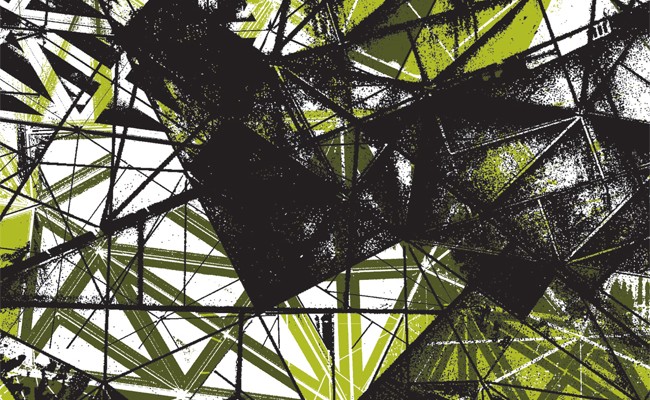‘Dear capitalism,’ began one of the handmade, cardboard signs floating above the sea of occupiers in Toronto, ‘it’s not you it’s us.’ Then, scrawled below: ‘Just kidding, it’s you.’
Over the past year and a half, events have highlighted a growing suspicion that capitalism is becoming a threat to anyone not a stockbroker, politician or CEO. This widespread movement had made itself felt in Tunisia, Egypt, Greece and Spain, in the crumbling of Wall Street, and in the people’s occupations transforming public spaces into tent cities.
It’s certainly the thesis running through this issue of Overland: realisation dawning that, as Žižek once identified, ‘the link between capitalism and democracy has been definitely broken’.
In Overland 206, we’re excited to publish part of regular columnist Alison Croggon’s futurist opera about revolutionary poet, Vladimir Mayakovsky (to be performed by Victoria Opera in 2013), and another in our CAL–Connections emerging essayist series, this one from young African-Australian writer Tariro Mavondo on visibility or lack thereof in Australian culture.
This edition also features the winning entry from the Overland Judith Wright Poetry Prize for New and Emerging Poets, as well as the usual mix of provocative essays, stories and poetry, including a piece from the late Kerry Leves, a longtime friend of Overland.
It’s an issue that allows for much musing over the futures of capitalism and democracy and where they might lie.



